Understanding the Impact of Inflation on Your Fixed Deposit Returns
.webp)
Fixed Deposits (FDs) are indeed widely favoured due to their stable and guaranteed returns, making them particularly attractive to risk-averse investors in India. However, investors must be mindful of inflation’s potential impact on their FD returns. Inflation can erode the real value of returns from FDs, so it is important to consider ways to mitigate this effect and optimize the investment’s potential.
Explaining the Concept of Inflation
Inflation is a common occurrence in economies leading to a rise in the prices of goods and services. The Consumer Price Index (CPI) is typically used to measure inflation. As the general price level increases, the purchasing power of money decreases, causing each unit of currency to buy fewer goods and services.
What are the Causes of Inflation?
The root cause of inflation is an increase in the supply of money which can stimulate the economy through various mechanisms. Monetary authorities have the power to increase a country’s money supply by implementing strategies such as printing more money or expanding credit availability. These actions can lead to an increase in the amount of money circulating in the economy, which ultimately drives up prices and contributes to the phenomenon of inflation!
Listed below are some of the root causes of inflation:
- Increasing the amount of money printed and distributed to citizens as a means of economic stimulus
- Lowering the value of the official currency through legal means
- Creating new money by buying government bonds from banks on the secondary market is a common method used to increase reserve account credits. This process involves loaning money into existence through the banking system
In all of these cases, money tends to lose its purchasing power, leading to inflation. This inflation can be categorized into 3 types -
- Demand-Pull Inflation
- Cost-Push Inflation
- Built-In Inflation
Impact of Inflation on Fixed Deposit Returns
Factors Affecting the Influence of Inflation on Fixed Deposit Interest Rates
Inflation plays a pivotal role in determining the actual value of your investments, especially when it comes to fixed deposits. Understanding how inflation affects fixed deposit interest rates can help you make informed investment decisions.
- Interest Rate Adjustments: As inflation rises, central banks often adjust interest rates to control their impact on the economy. When inflation is high, central banks may increase interest rates to curb spending, which could lead to higher fixed deposit interest rates.
- Purchasing Power Erosion: Inflation erodes the purchasing power of your money over time. If the fixed deposit interest rate doesn't outpace inflation, your actual returns might be negative, meaning your money's value diminishes.
- Term-Length Consideration: Longer-term fixed deposits can be particularly susceptible to inflation. While fixed deposit interest rates might seem attractive initially, longer-term commitments may not protect against rising inflation in the future.
Maximising Returns from Your Fixed Deposit Investment: Tips to Follow
To ensure your fixed deposit investment effectively combats the effects of inflation and maximizes returns, consider these strategies:
- Strategic Renewal at Maturity: Keep a close watch on prevailing interest rates as your fixed deposit approaches maturity. By renewing your FD at the right time, you can secure the best available interest rates for your reinvested amount. This approach ensures that your funds continue to grow at a competitive rate.
- Enjoy Enhanced Returns for Seniors: If you qualify as a senior citizen, consider investing in senior citizen FDs. These FDs typically offer higher interest rates than regular FDs, providing a means to boost your returns during retirement. Additionally, if your parents do not have a taxable income, you can still enjoy this benefit by investing in their names.
- Conduct Smart Comparison for Superior Gains: Conduct a thorough comparative analysis of fixed deposit interest rates offered by various banks and financial institutions. Different banks may have varying rates and terms, so researching and comparing your options ensures you're making an informed decision. This diligence can help you identify the banks offering the most attractive interest rates for your investment.
- Experience Compounding with Cumulative FDs: Opt for a cumulative fixed deposit instead of a non-cumulative one, especially if you can afford to keep your funds locked in for a longer period. Cumulative FDs compound interest over the tenure, leading to higher overall returns at maturity. This is particularly advantageous when interest rates are expected to remain stable or increase.
- Ensure tax efficiency with Form 15G and 15H: If your total income falls below the taxable limit, you can submit Form 15G or 15H to the bank. This informs the bank that you are not liable to pay tax on the interest earned from your fixed deposit. Doing so can avoid tax deduction at source (TDS) on your fixed deposit interest, thereby retaining more of your returns.
- Go for Annual Taxation Advantage: Consider choosing annual taxation of your fixed deposit interest instead of monthly or quarterly payouts. This way, your interest will continue to compound throughout the year, maximizing the overall returns. Additionally, annual taxation might offer tax-saving benefits in certain cases, depending on your overall income and tax liability.
Frequently Asked Questions (FAQs)
1. How Does Inflation Influence the Purchasing Power of Money?
- Inflation causes the prices of goods and services to rise over time, leading to a decrease in the purchasing power of money. This means the same amount of money can buy fewer goods and services as time passes.
2. What Are the Effects of Inflation on Investments Other Than Fixed Deposits?
- Inflation can impact various investments, including stocks and bonds. Inflation erodes the value of future cash flows, which can affect the returns from these investments. Investors must consider how their investment choices can keep up with or outpace inflation.
3. How Can Investors Hedge Against Inflation?
- Investors can consider allocating a portion of their portfolio to assets that perform well during inflationary periods. These could include commodities like gold, real estate, and specific stocks. These assets may have the potential to retain or increase in value as inflation rises.
Conclusion
InvestKraft offers Fixed Deposit in Delhi which gives a safe and dependable venture choice for people looking for capital conservation and unassuming returns. FDs give a reliable loan cost over a foreordained period, guaranteeing dependability in a questionable monetary scene. Delhi's different financial scene guarantees a scope of FD decisions custom-made to different necessities. Nonetheless, potential financial backers should consider winning loan fees and expansion influence. While FDs are a judicious decision for risk-disinclined people, investigating elective speculation roads may be advantageous for those looking for more significant yields. In pursuing monetary choices, cautious assessment and arrangement with individual objectives stay principal.
Related Post
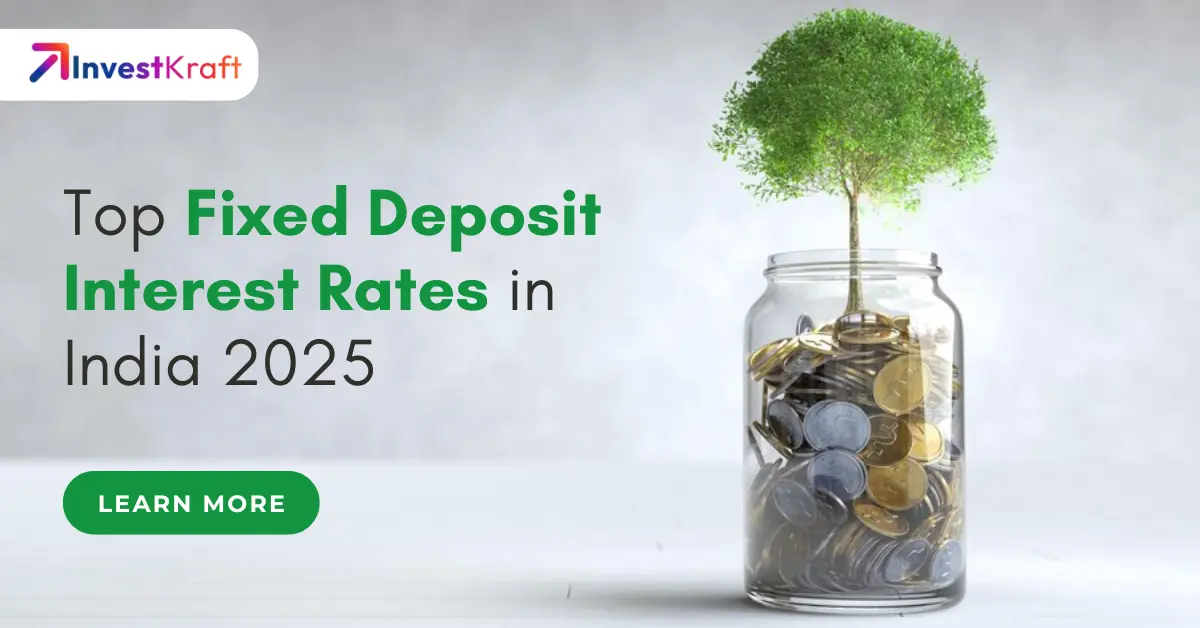
Fixed Deposit (FD) Explained: Best Interest Rates & Investment Guide for 2025
Fixed Deposits (FDs) are a popular investment tool, especially favoured by those seeking a sta...
Read more...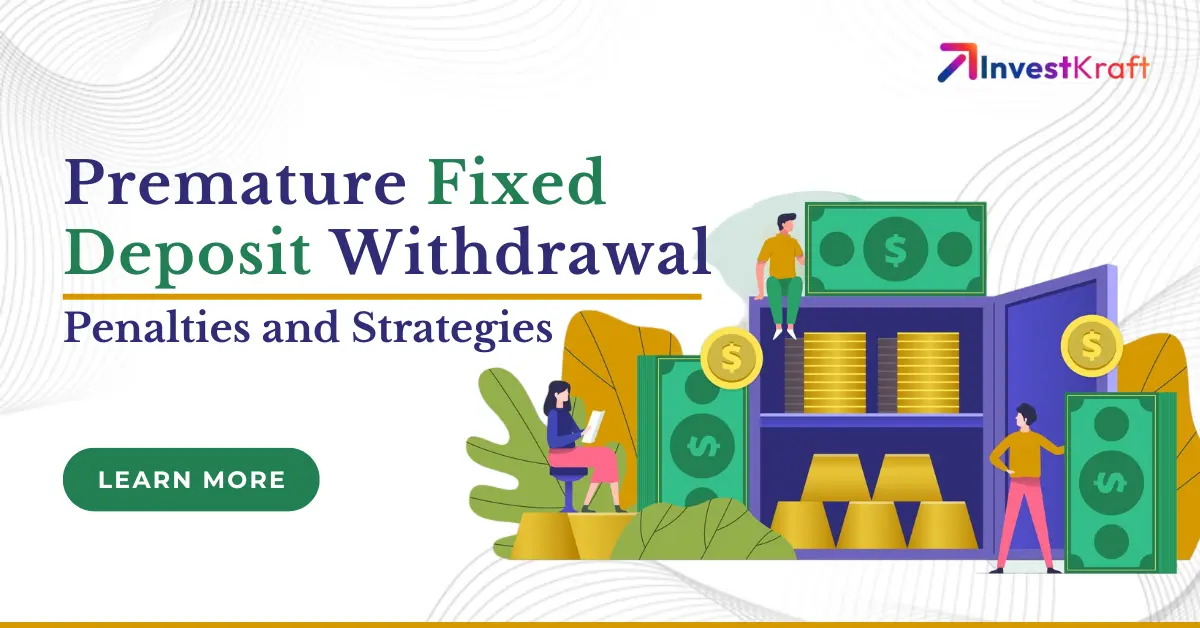
How to Escape from Early Withdrawal Penalties of Fixed Deposits?
Fixed deposits are popular for investing money as they provide security and steady growth. However,...
Read more...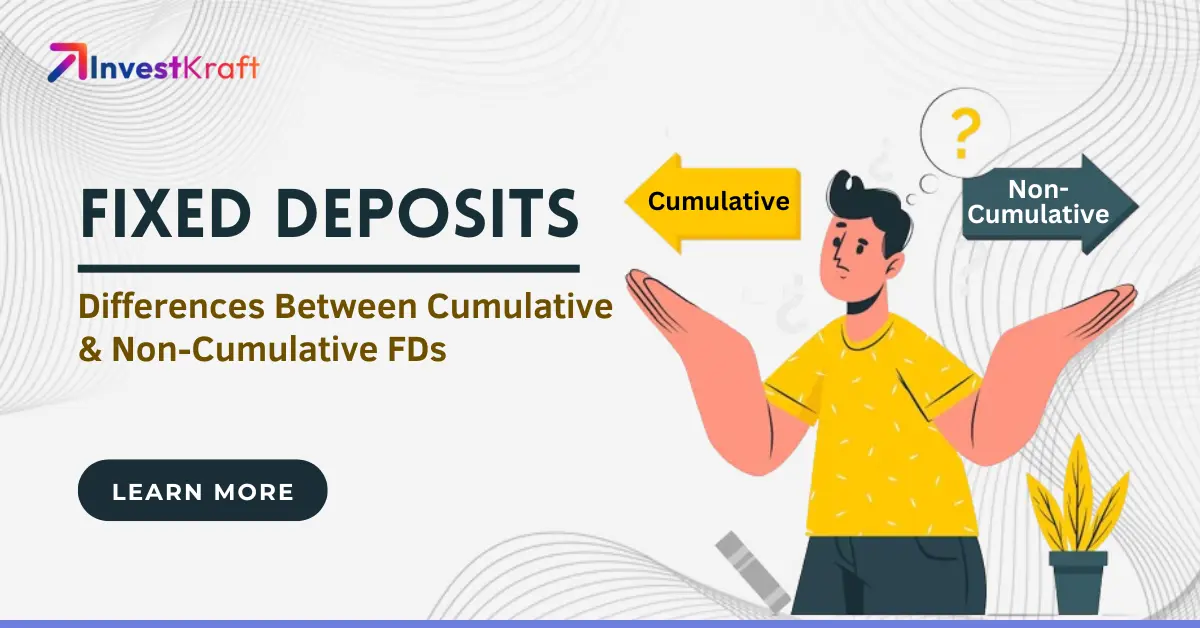
Differences Between Cumulative and Non-Cumulative Fixed Deposits
A fixed deposit is a safe investment option in India that guarantees returns through interest. There...
Read more...
What Are Corporate FDs and How Different Are They From Bank FDs in 2024?
Fixed Deposits have always been a favourable investment option among investors who look forward to c...
Read more...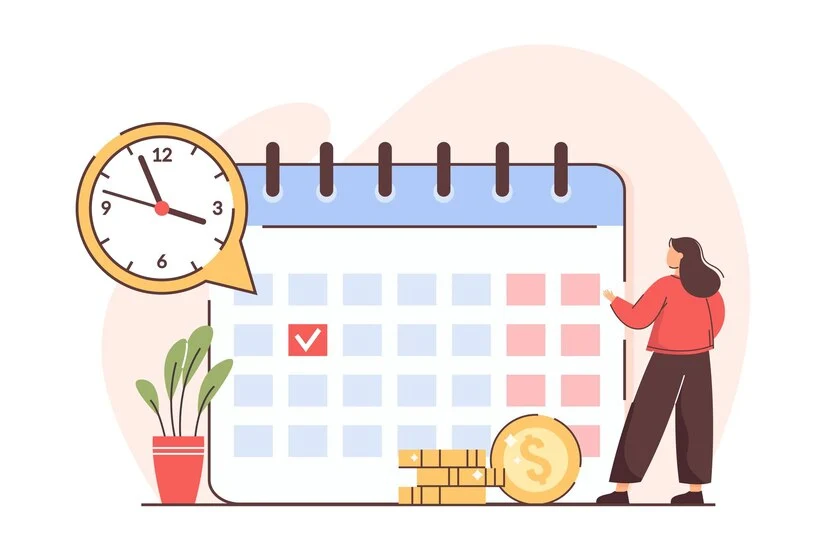
Recurring Deposits (RD) – Benefits, Features, and How to Open RD Account
Among the different types of investment products available in India these days, recurring deposits a...
Read more....webp)
Understanding the Impact of Inflation on Your Fixed Deposit Returns
Fixed Deposits (FDs) are indeed widely favoured due to their stable and guaranteed returns, making t...
Read more...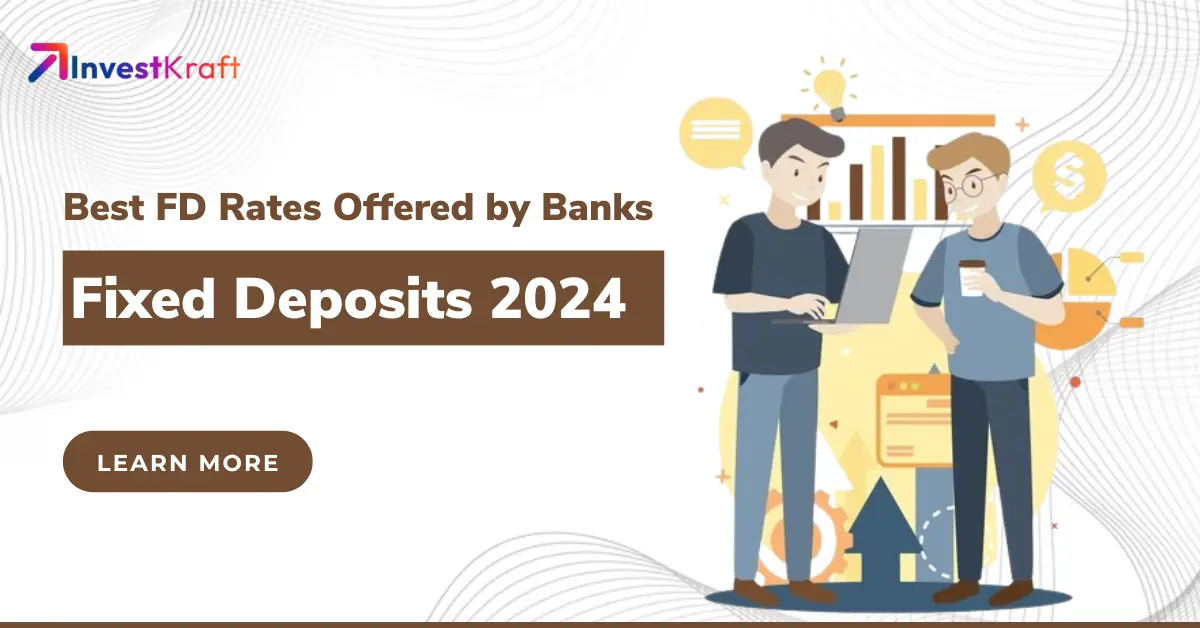
Comparative Analysis: Best FD Rates Offered by Banks in 2024
When it comes to choosing the safest and most consistent investment avenue in India, a majority of p...
Read more...Reach out to our Experts if you have any Doubts
Like the best things in life, Consultations @InvestKraft are free
Drop a Mail or give us a Missed Call & Begin your Investment Journey here








